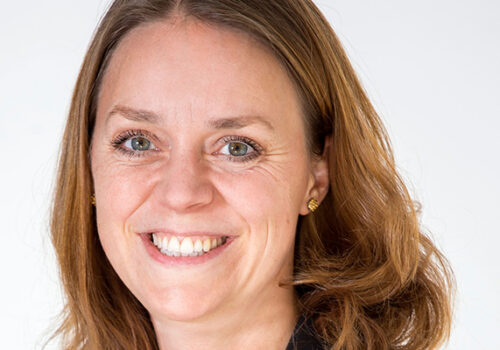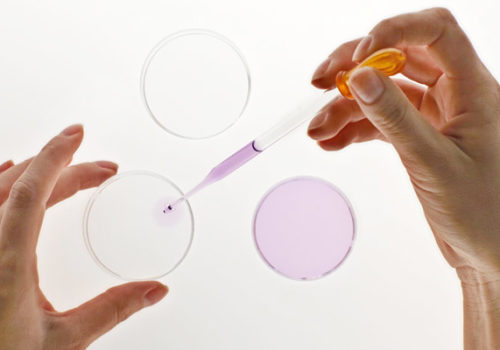The company has received approval from the Swedish Medical Product Agency and Swedish Ethical Review Authority to initiate a Phase II clinical study of its ILP100 gene therapy for the treatment of difficult diabetic wounds.
ILP100h has recently been assigned the INN name emilimogene sigulactibac by the WHO and represents a new-in-class drug candidate, engineering Limosilactobacillus reuteri bacteria to produce and release the key human chemokine CXCL12 at the actual wound site, describes the company in a press release. After delivery, ILP100 enhances the healing properties of immune cells in the wound. Phase I results released earlier this year indicate that ILP100-treated wounds in healthy subjects healed on average 6 days and, for the highest dose, 11 days faster than controls.
“With the phase II clinical trial, we will for the first time study the biologic effect of ILP100 in difficult wounds in patients one of the intended patient groups for future commercial use of ILP100 where today’s standard of care is not sufficient. We have designed this 26-week trial to both allow assessment of the clinical outcomes mentioned as the most important by patients and regulatory authorities, including detailed wound analyses with AI-augmented imaging technology as well as non-invasive imaging of blood perfusion, and at the same time further characterize ILP100 in a clinical setting,” says Andreas Fasth, Ilya Pharma’s Head of Clinical Developments.
“A true milestone”
“This is a true milestone in both the clinical development of ILP100 and proof of the concept of using local delivery of biologics by the ILP-technology platform as we move to Phase II,” says Evelina Vågesjö, Ilya Pharma’s CEO. “We now look forward to showing biological effects on wound healing and important long term clinical outcomes in patients with diabetes and difficult non-healing wounds. Here ILP100 has the potential to prove superior to the only other two pharmaceuticals approved as we already have much better positioning and PoC data. In addition, we will proceed with the planned clinical development in treatment of postsurgical wounds in obesity, diabetes and prediabetes, as well as pre-clinical- development and clinical positioning for ulcers of the GI tract.”
Read more: Evelina Vågesjö: ”I want to see my work go beyond the lab”
Photo of Evelina Vågesjö: Jenny Öhman/Nordic Life Science







